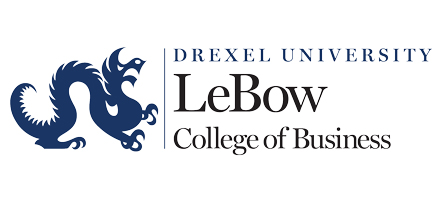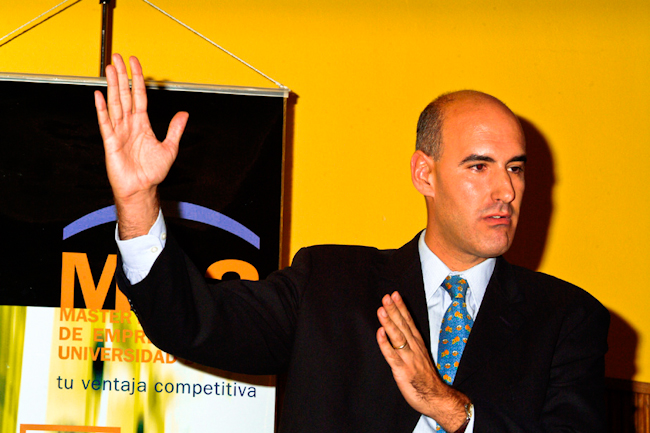If Fidel Castro still smoked his trademark cigars, he’d probably be choking on one now. The former Cuban dictator rose to power in a revolution driven in large part by opposition to U.S. investments in the country. And today, 55 years later, the University of Pennsylvania Wharton School announced the “Cuba Opportunity Summit: High Velocity Growth,” a conference aimed at American executives who wish to capitalize on the recent U.S. move to normalize relations with the Caribbean country.
“It’s been a long time since, I think, business schools have found themselves in a situation in which they needed to do something about a part of the world,” says Cuba summit co-chair Mauro Guillen, international management professor at Wharton and director of Penn’s Lauder Institute. “I don’t think in the last 15 years we’ve had anything like Cuba.
“It could well be that let’s say in 15 years from now the economic relationship between the U.S. and Cuba will be more important than the economic relationship between the U.S. and Russia. This is an exciting moment, I think, for business schools. We have a new frontier that seems to be opening up.”
In December, President Barack Obama pledged to relax the U.S. trade embargo against Cuba and move toward restoring diplomatic relations between the countries.
DEVELOPING ‘A BOARD READY STRATEGY’ FOR CUBAN MARKET
Wharton’s April 1 Cuba summit in New York City is intended to help participants develop “a board ready strategy for entering the Cuban market,” according to promotional material, and Guillen says he expects 200 to 300 participants. The lineup of speakers hasn’t been confirmed, but is expected to include current and former U.S. government officials, U.S. and international company leaders, and Cuban economists.
Political opposition to lifting the U.S. embargo against Cuba remains, largely within the Republican Party. Guillen believes the embargo will be dismantled incrementally, and companies with potential prospects in Cuba should start preparing now.
“Otherwise you’re just going to be following the crowd,” Guillen says. “If you wait until the embargo is completely lifted . . . 10 or 15 years . . . it’s going to be too late for a company.”
Enticing investment opportunities abound in Cuba. The U.S. Geological Survey in 2004 estimated that the offshore North Cuba Basin contained 4.6 billion barrels of undiscovered oil and almost 10 trillion cubic feet of undiscovered natural gas. Tourist numbers hit 2.5 million in 2010, 80% of the visitors hailing from non-U.S. countries, and thawing U.S./Cuban relations will no doubt drive hordes of Americans to Cuba, only 90 miles offshore from Florida. The agriculture sector is ripe, too, for investment. Currently, according to the Cuban government, only 2.3 million hectares of the country’s 6.3 million hectares of agricultural land is under cultivation.
CUBA INVITES $8 BILLION IN INVESTMENTS
Cuba in November issued a “Portfolio of Opportunities for Foreign Investment,” inviting foreign companies to inject more than $8 billion into projects in agriculture, construction, renewable energy, mining, oil, transportation, and tourism.
However, commentary from Brookings Institution fellow Richard Feinberg suggests that U.S. execs pondering forays into the Cuban economy would do well to take a deep dive first into the Communist country’s complexities through means such as Wharton’s summit. Even if the U.S. Congress lifts or relaxes the embargo preventing most American trade with Cuba, that country will retain many of its anti-capitalist trappings, and investment would carry risks and great challenges.
“Cuba will remain a state-driven economy dominated by large government holding companies and the authorities will dictate the direction and pace of change,” Feinberg writes, noting that even while inviting foreign investment, Cuba rules out privatization of state enterprises.





